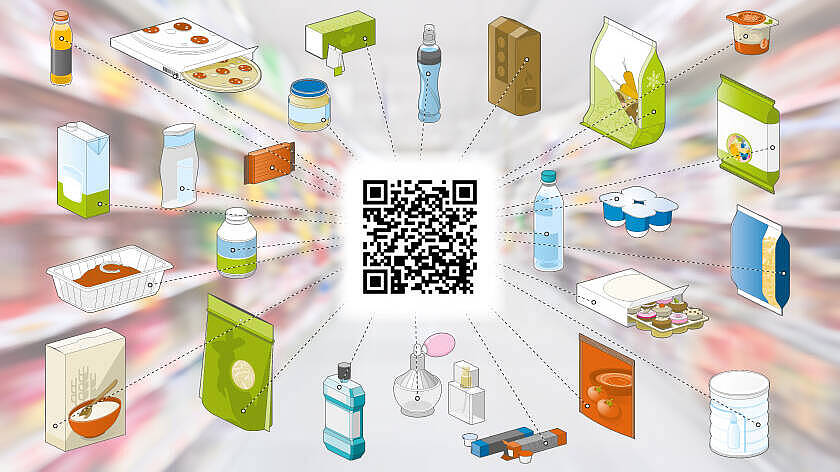
Technologies for Marking Packaging
The Allrounder: Continuous Inkjet (CIJ)
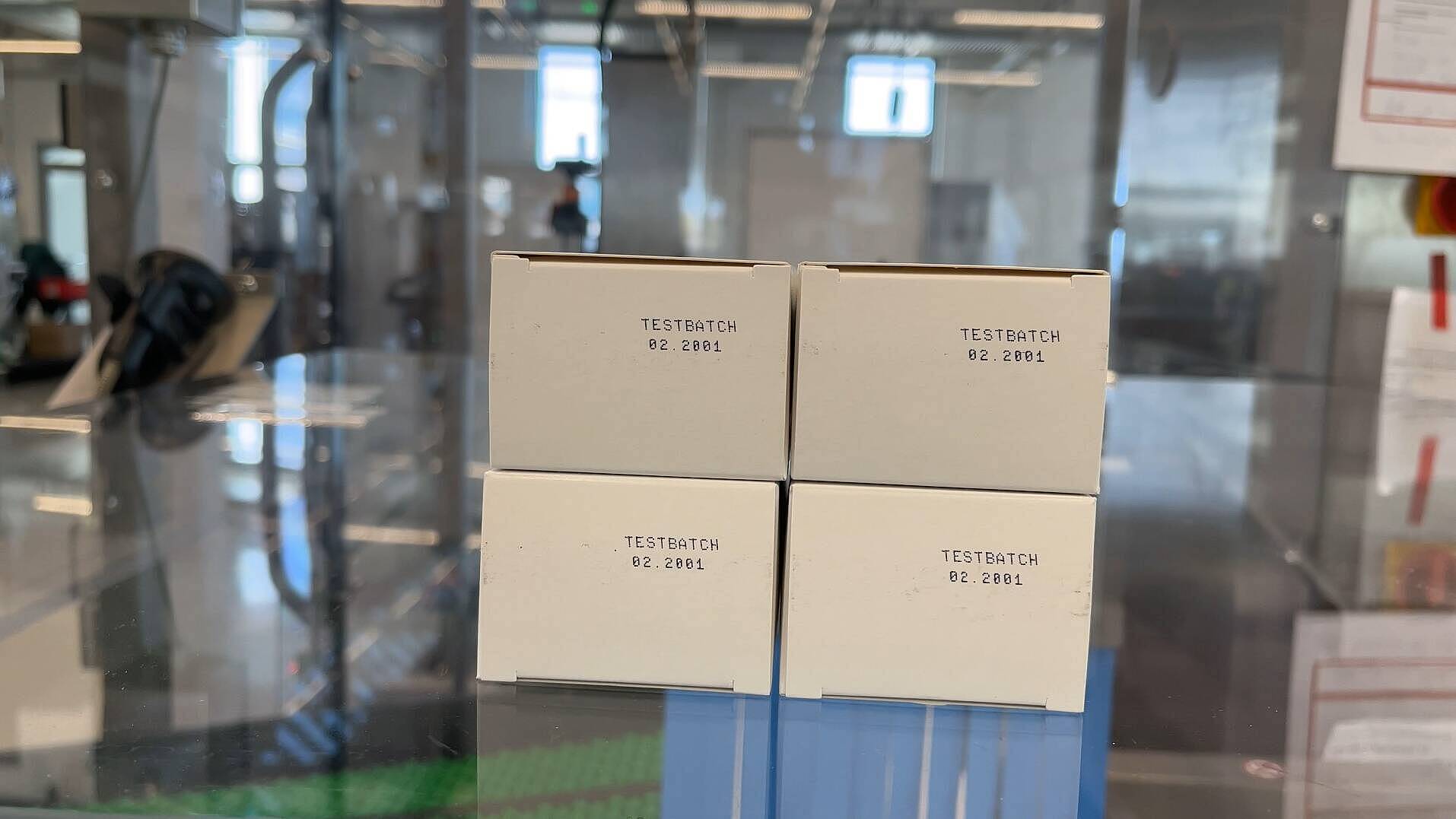
Today, you can find a CIJ printer in almost every production line. It is unrivaled for simple and fast applications because it produces a legible print image even on irregular surfaces. Most companies therefore accept the fact that it is somewhat more maintenance-intensive. However, this jack-of-all-trades will have difficulties printing high-resolution codes in the required quality at an acceptable speed.
Recommendation: Make sure that your printer meets the code specifications with your production parameters. We will be happy to advise you on the requirements.
The Expert: Thermal Inkjet (TIJ)
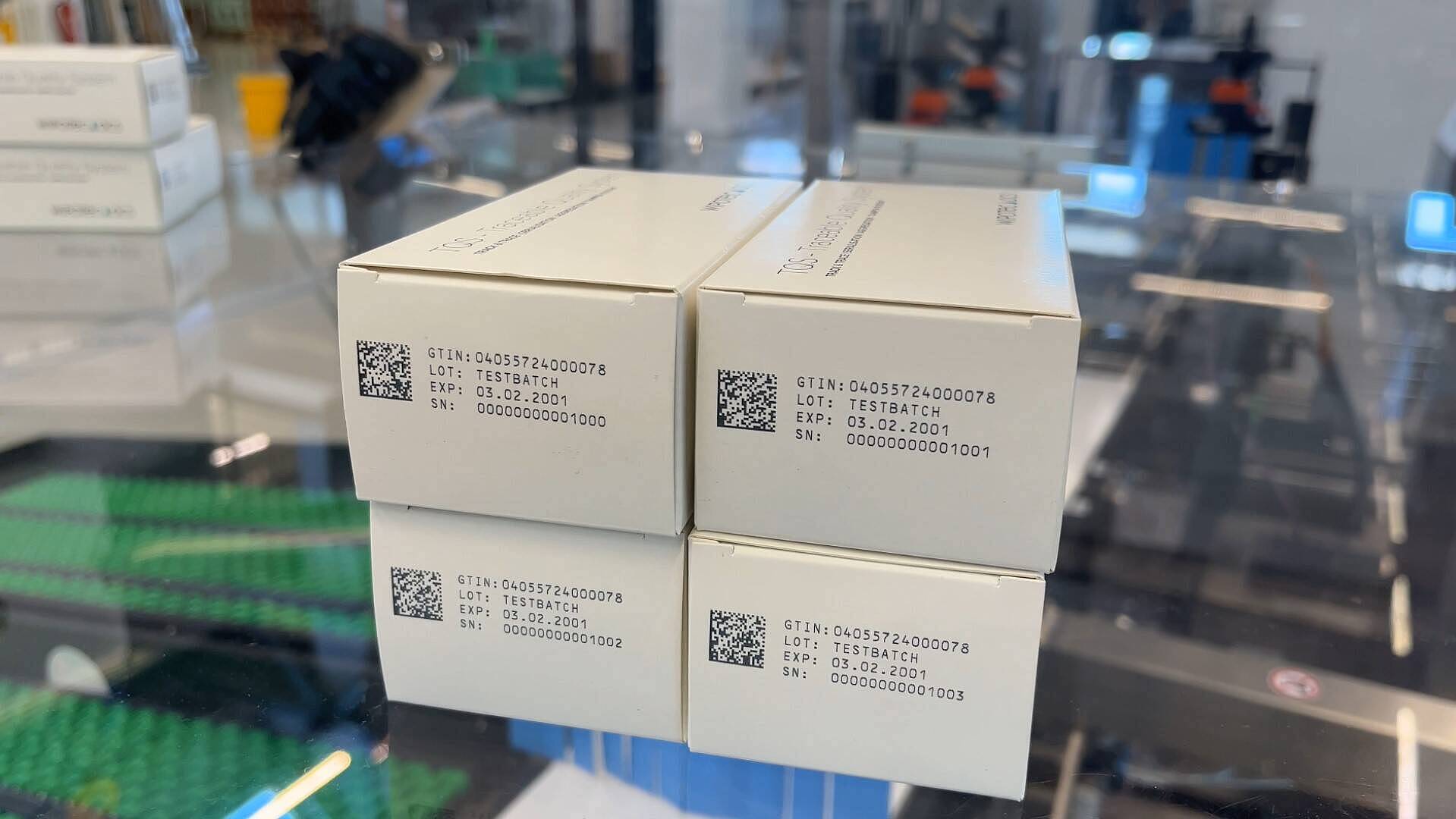
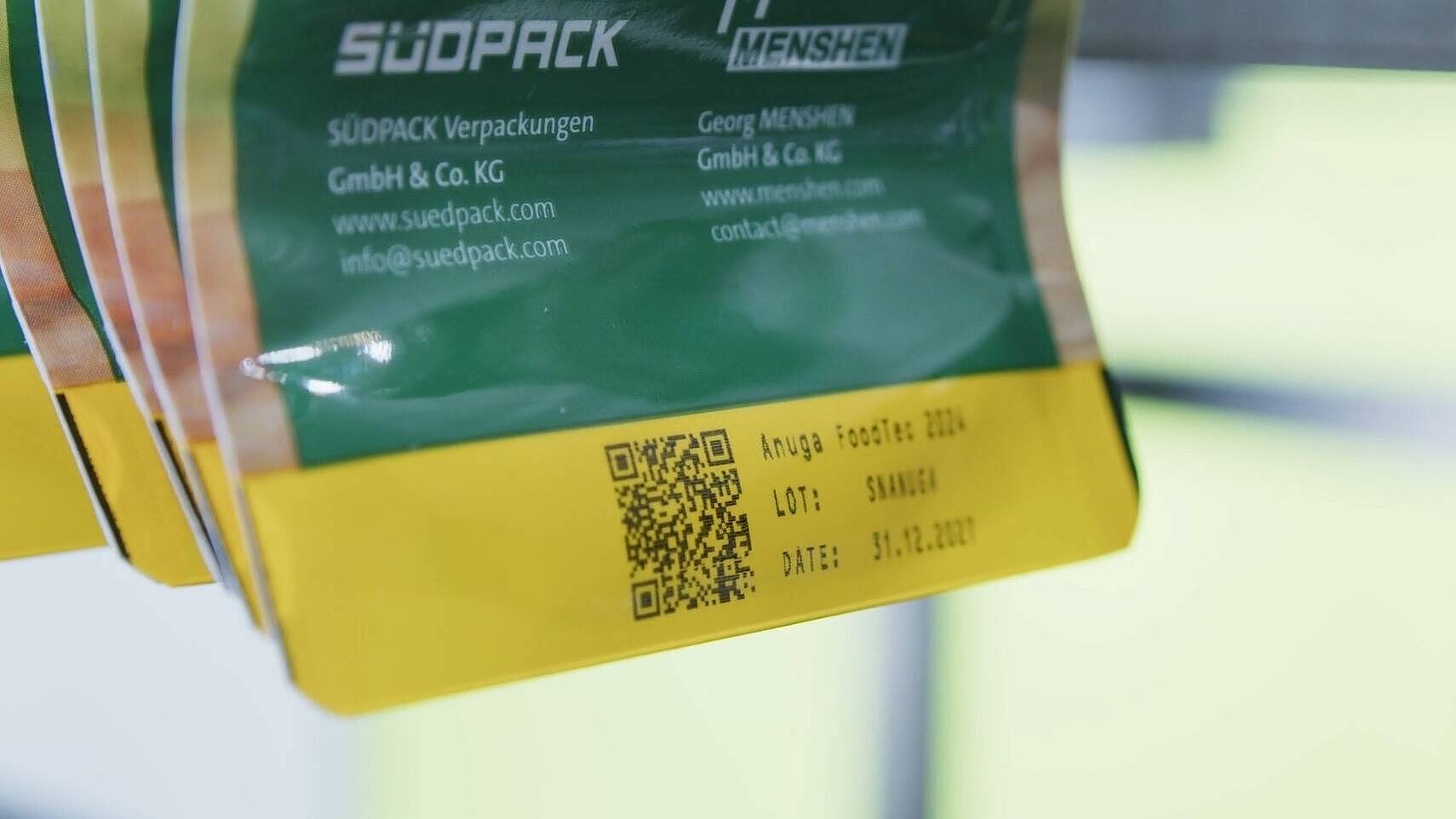
Also known as a cartridge printing system, the TIJ is increasingly being used in production lines. It achieves the highest resolution at high speeds on folding boxes and cartons, as well as on plastic film. This makes it perfectly suited for the reliable printing of codes.
Recommendation: Product handling is crucial, so it is advisable to integrate the TIJ as part of a synchronized system rather than installing it separately.
The Adaptable: Thermotransfer (TT/ TTO)
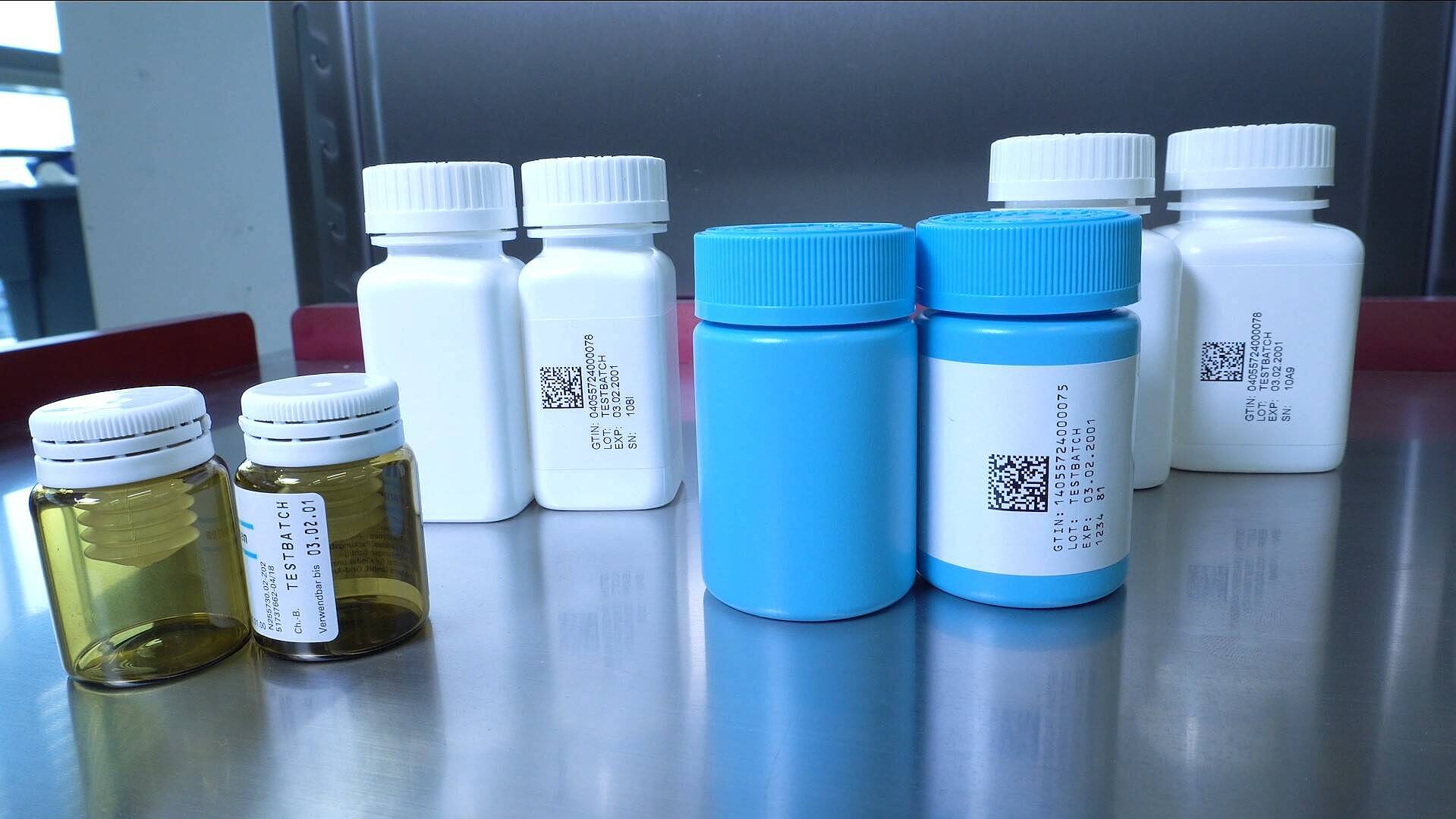
Whether continuous or intermittent, direct printing or on labels, full-surface printing (TT) or on an existing layout (TTO) - thermal transfer printers offer many possibilities. These printers are flexible and are particularly suitable for flexible materials such as films, bags, and pouches. The use of ribbons ensures low costs and maintenance at high process reliability. No other system consistently achieves such high print quality.
Recommendation: As reliable as this principle may be, in many cases modern TIJ printers can offer decisive advantages. We will be happy to analyze what best suits your individual requirements.
The Durable: Laser
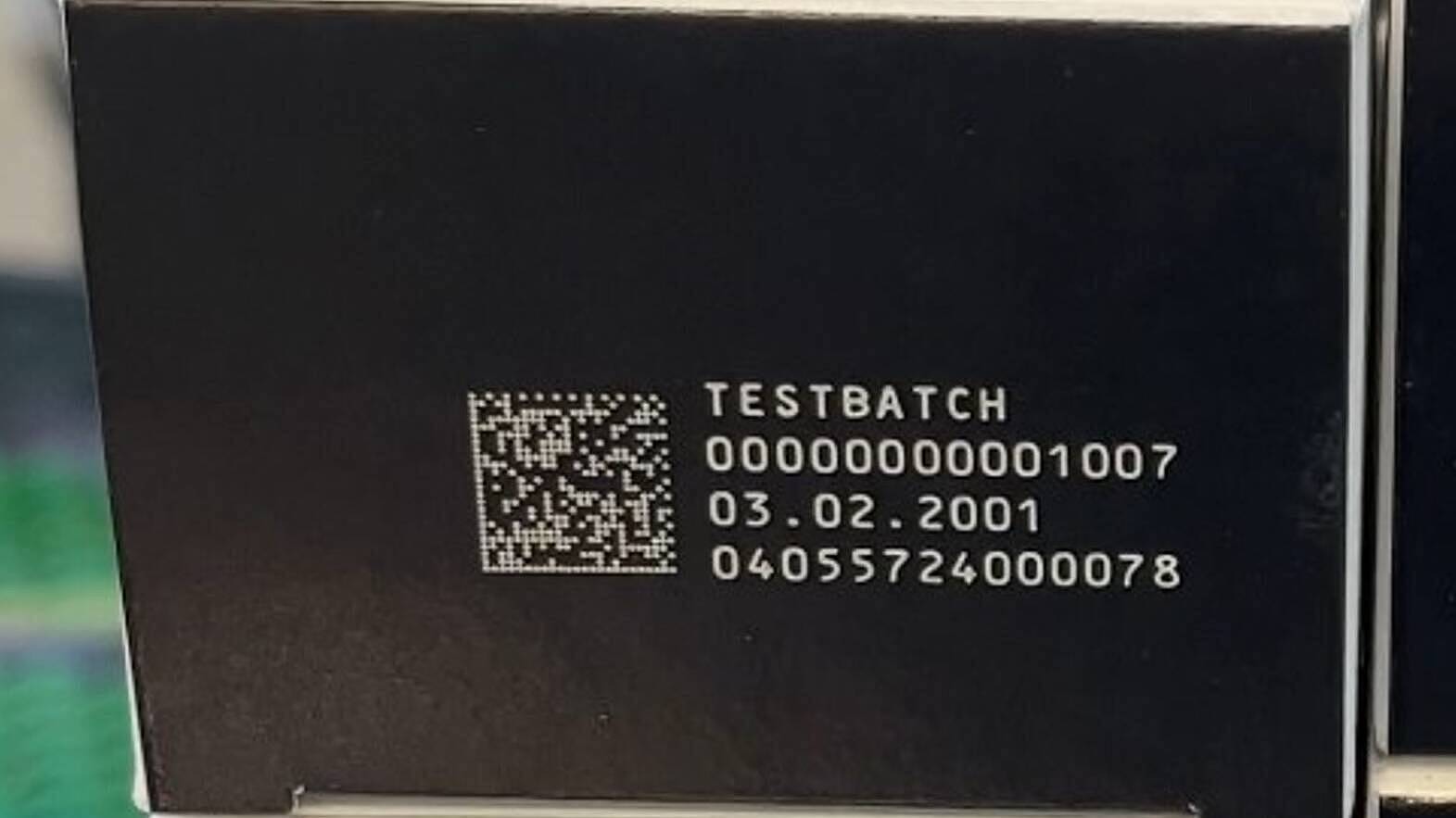
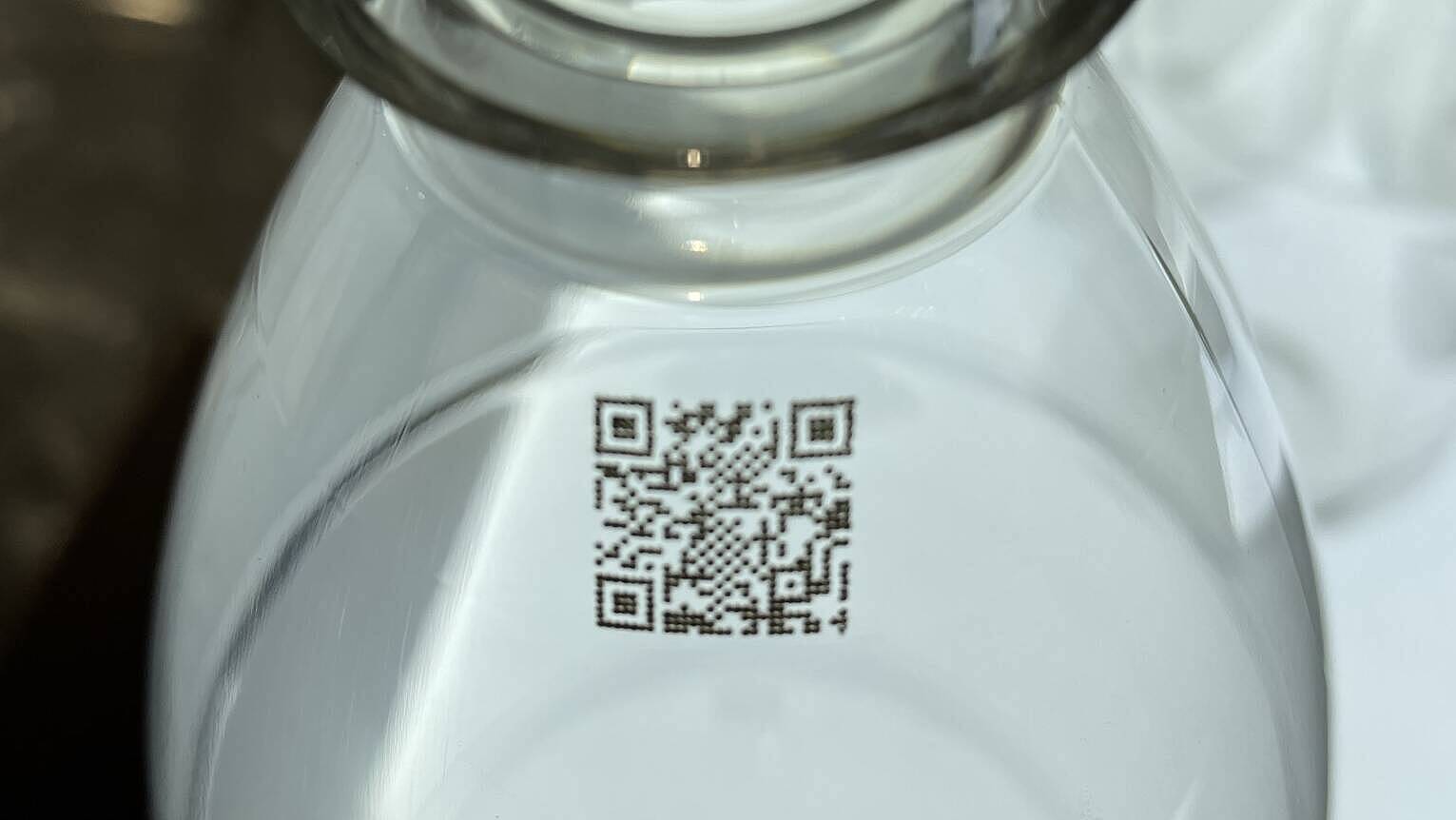
The laser operates completely without consumables like ink, and the marking on the packaging is extremely permanent. Lasers are used on dark packaging, for example, where ink would not be legible, or to make the marking as resistant and durable as possible. Refillable containers are also coded with a unique laser marking to identify them throughout their entire lifecycle.
Recommendation: Of course, safety plays a major role here and protection classes must be observed. If the laser is part of a complete solution, it can be enclosed accordingly.
The Grand: Piezo Inkjet
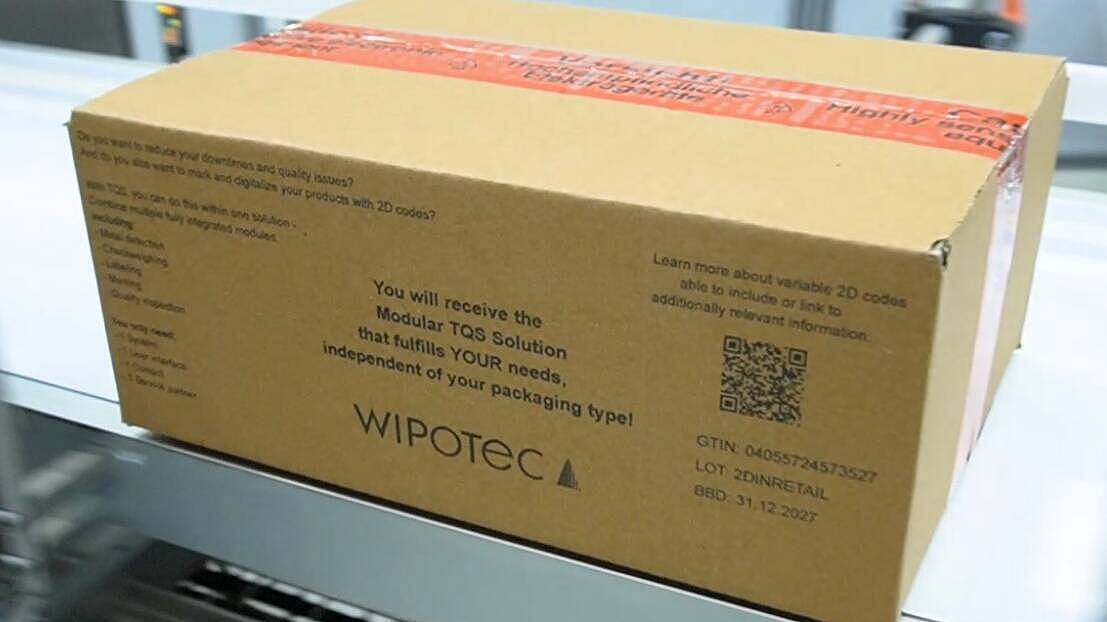
Piezo printing systems are becoming increasingly important in industrial applications. They deliver high-quality prints with variable data, logos, and codes, especially on larger surfaces, such as cartons and secondary packaging. Its ability to use different ink types and cover larger print areas makes it well-suited for large-scale marking and complex designs.
Recommendation: Due to its versatility, it is recommended to use the Piezo Inkjet as an integral part of a comprehensive system to ensure maximum efficiency and quality.
Installing printing technologies
The purchase alone is not enough: professional installation and integration are essential for reliably and legibly printing 2D codes. Proper product handling is key to achieving perfect quality. If the printer doesn’t communicate with the process line, it won’t receive information about the transport speed. This results in print quality that may be adequate for human readability but will not achieve sufficient code grade. To meet the standards for 2D codes, communication between the printer and the transport system is essential. Additionally, there must be a signal for ejection when the marking is checked by a camera.
Inspect, check, verify
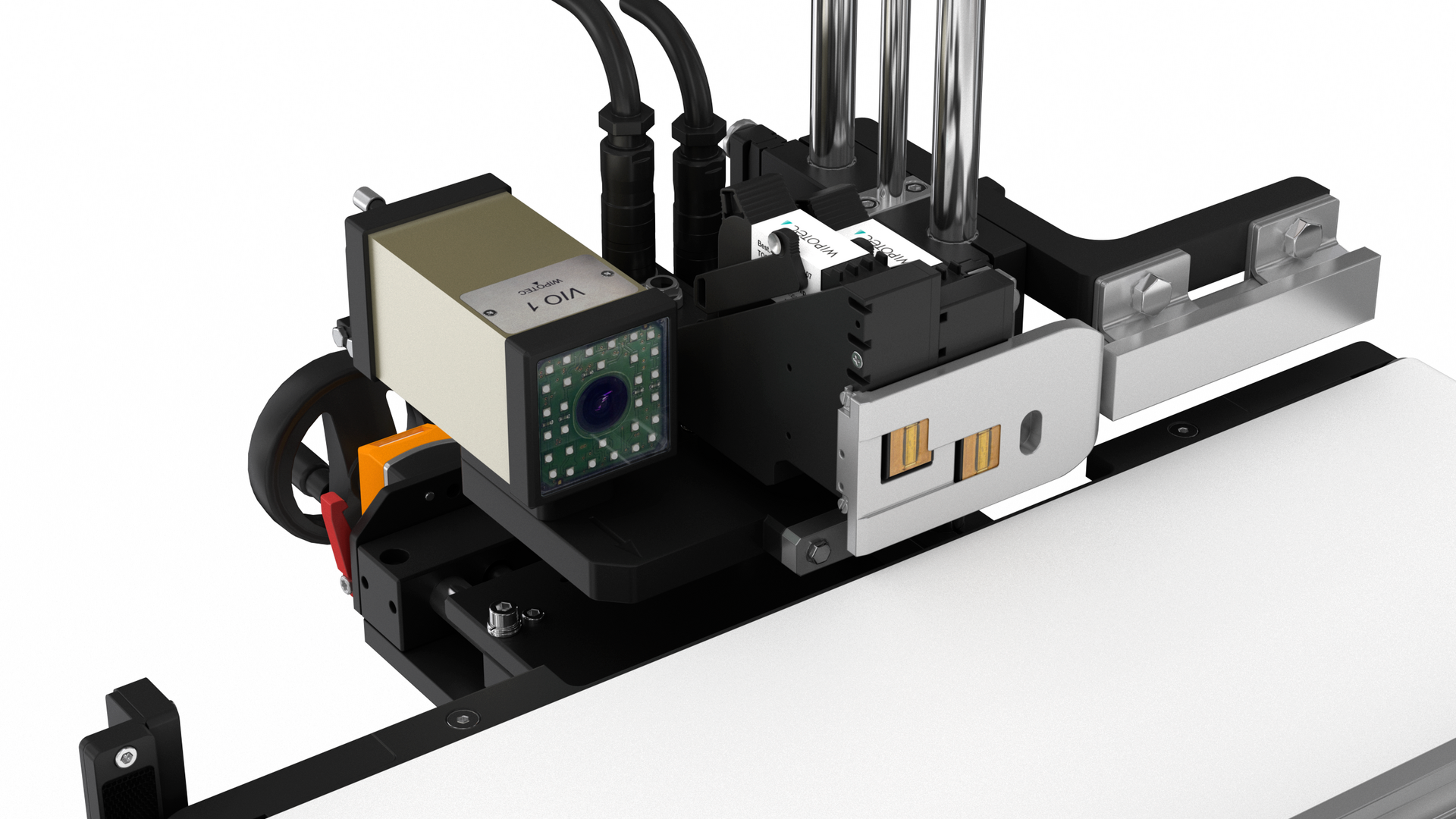
Even the most reliable printing technology does not prevent human error. Layouts can easily be mixed up, numbers reversed, or code content mixed up. The later such mistakes are discovered in the supply chain, the more frustrating, elaborate and expensive they become for the manufacturer. As marking complexity increases, automatic inspection becomes crucial. However, installing and training a camera to recognize what to inspect is both costly and time-consuming. This is why we rely on fully integrated systems where printer and camera are combined under one control system - and many other modules if required.
We are happy to advise you on our modular solutions and create a customized system tailored to your production needs.
Subscribe below to receive our latest updates and stay informed about the adoption of 2D codes on consumer goods!
Subscribe to our Blog
Sign up for our Blog Newsletter and be notified only if new articles are published.